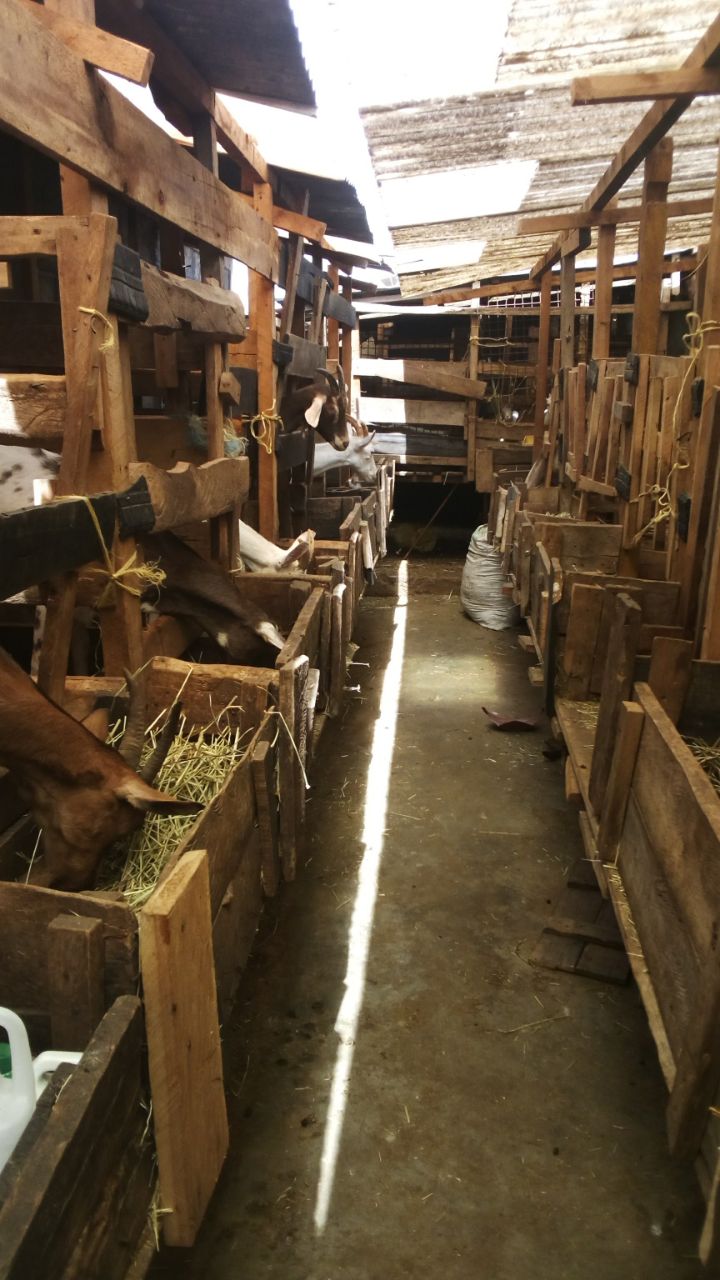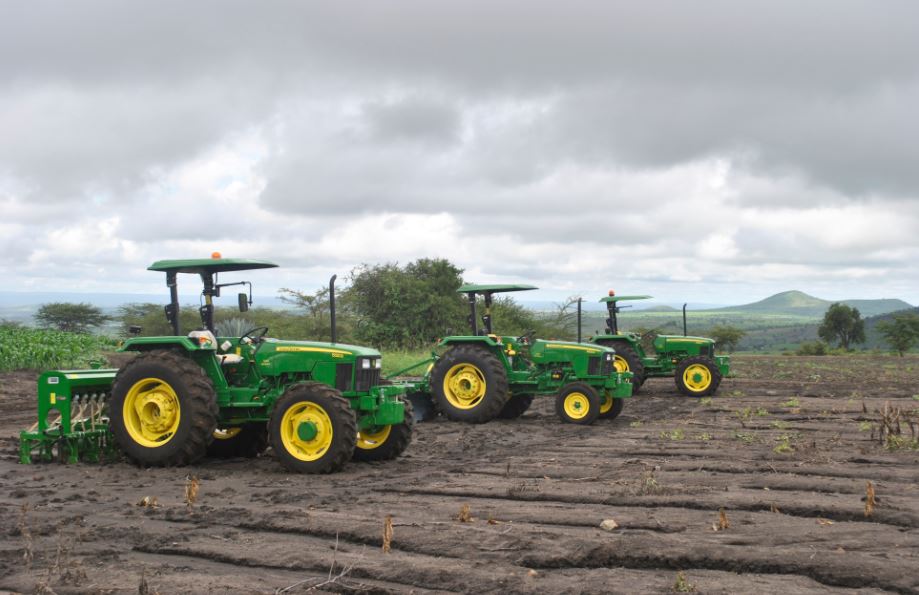
Dairy goat milk yoghurt. Photo courtesy.
Maryline Chepng’eno in 2016 started making goat milk yoghurt after venturing in goat farming as a way of providing nutritious milk for her family besides earning an alternative cash other than depending fully on one-off contract jobs with different health organisations as a health and wellness counselor.
The 39 year old counselor-cum-farmer is now pocketing up to Sh3,000 per day from goat milk and yoghurt sales a venture she just started to improve her children’s nutrition.
“Rearing goats was not a choice but an only option of getting milk for our children after we managed to get a 60 by 100 metres piece of plot at Syokimau, Machakos County. Our dream was once we got fairly financially stable we venture into dairy cows,” said the mother of three.
From 2005 to 2009, Chepng’eno worked with National AIDS and STIs Control Programme (NASCOP) under the ministry of health before leaving to look for short-term contracts that would enable her have more time for the family especially the children.
However, she needed a side hustle to earn her extra cash and support her family.
Chepng’eno therefore started a second hand cloth business in 2010 then ventured into poultry farming between 2011 and 2012 on her way to find a fulfilling business that will both benefit her and the family.
The two businesses, however, according to her proved more demanding in terms of attention and time, and could not go well with her until 2013 when she learned about dairy goat rearing and the nutritious goat milk from an agricultural show she attended with her husband.
Health experts assert that nutrients such as iron, calcium, magnesium and phosphorous are more easily digested and used by the body in goat milk than cow milk.
The couple then decided to buy their first two Saanen dairy goats breed at Kibwezi in Makueni County each coasting Sh15,000 for a start.
After two months, the two goats could give her 3-4 litres of milk a day which were more than enough for her family forcing her to give some to her neighbours for free and then sell some to other people who regularly came looking for a few litres to buy.
“I used to give some of the milk to my neighbours but could sell to those who were daily looking for some litres to buy,” said Chepng’eno.
Beginning 2015, she added two more Saanen dairy goats at Sh15,000 each which were lactating increasing her milk produce to more than five litres a day. This earned her more customers who were coming daily for the milk.

Maryline's dairy goat cage. Photo courtesy.
RELATED CONTENT: Former driver becomes award winning dairy goat farmer
Rearing goats for milk requires low maintenance and attention as compared to poultry farming. A goat’s feed comprises 3.5 per cent of dry matter. Therefore if well-fed and watered, goats rarely fall prey to diseases making the ventures profitable.
“At Syokimau, there are neighbouring spaces where I let the goats graze for free limiting my spenditure on feeds,” said Chepng’eno.
In October, the same year (2015) they visited Nairobi International Trade Fair for more insights in dairy goat rearing. They then bought another two German Alpine dairy goats breed at Sh30,000 which they could crossbreed with the Saanen breed bought earlier.
Beginning 2016, the young farmer had six lactating goats and six kids by the earlier bought breeds. This tripled her milk output and she started making mursik to sell but she could not get enough lovers of the drink from around hurting her new business.
“Mursik is a celebrated drink among the Kalenjin communities but where I live there are no enough Kalenjins who can buy the drink hence the business suffered from inadequate customers,” said the 2002 Control and Management of HIV/AIDs graduate from Kenyatta University.
RELATED CONTENT: Rearing five dairy goats is 45 per cent more profitable than a dairy cow
She therefore started making regular yoghurt using the milk then later she would venture in Greek yoghurt after buying a thermometer at Sh3,000 and a fireless basket at Sh2,500 which are some of the main equipment she uses to make the two types of yoghurt.
Today she makes the yoghurt depending on orders from her consumers. She sells regular yoghurt at Sh450, baby yoghurt at Sh600 and Greek yoghurt at Sh1,000 per kilogram.
Her goats have since multiplied to 50 goats currently in total in her locally constructed cage. She milks 10 of them which give over 15 litres a day.
“Currently I am milking about ten goats, each in different lactation period, some are drying up, others on their mid lactation and the rest just gave birth,” said Chepng’eno.
Owing to its sweetness and nutritious advantage over other milk types, she directly sells a litre of fresh raw and pasteurized goat milk at Sh250 to her ever growing and consistent customers.
On a good day her small farm generates Sh3,000 from sales of milk and all the products.
RELATED CONTENT: Free-range dairy goat earns farmer over Sh90,000 a year
Chepng’eno has since left most of the contracts she was engaged in to be close to the goats and get enough time to process their products.
In 2017 she applied for a value addition certificate from the Kenya Bureau of Standards (KEBS) to enable her do mass production of yoghurt and milk to supply to bigger retailers such as supermarkets.
She is now in the process to meet the KEBS’ requirements as she is determined to make the venture a big dairy goat empire.
“Goat farming has really helped us a lot. Apart from generating income, we also enjoy quality fresh milk, yoghurt, cheese, ghee and meat,” said Chepng’eno.
Maryline Chepng’eno can be reached on +254 728 708144



















